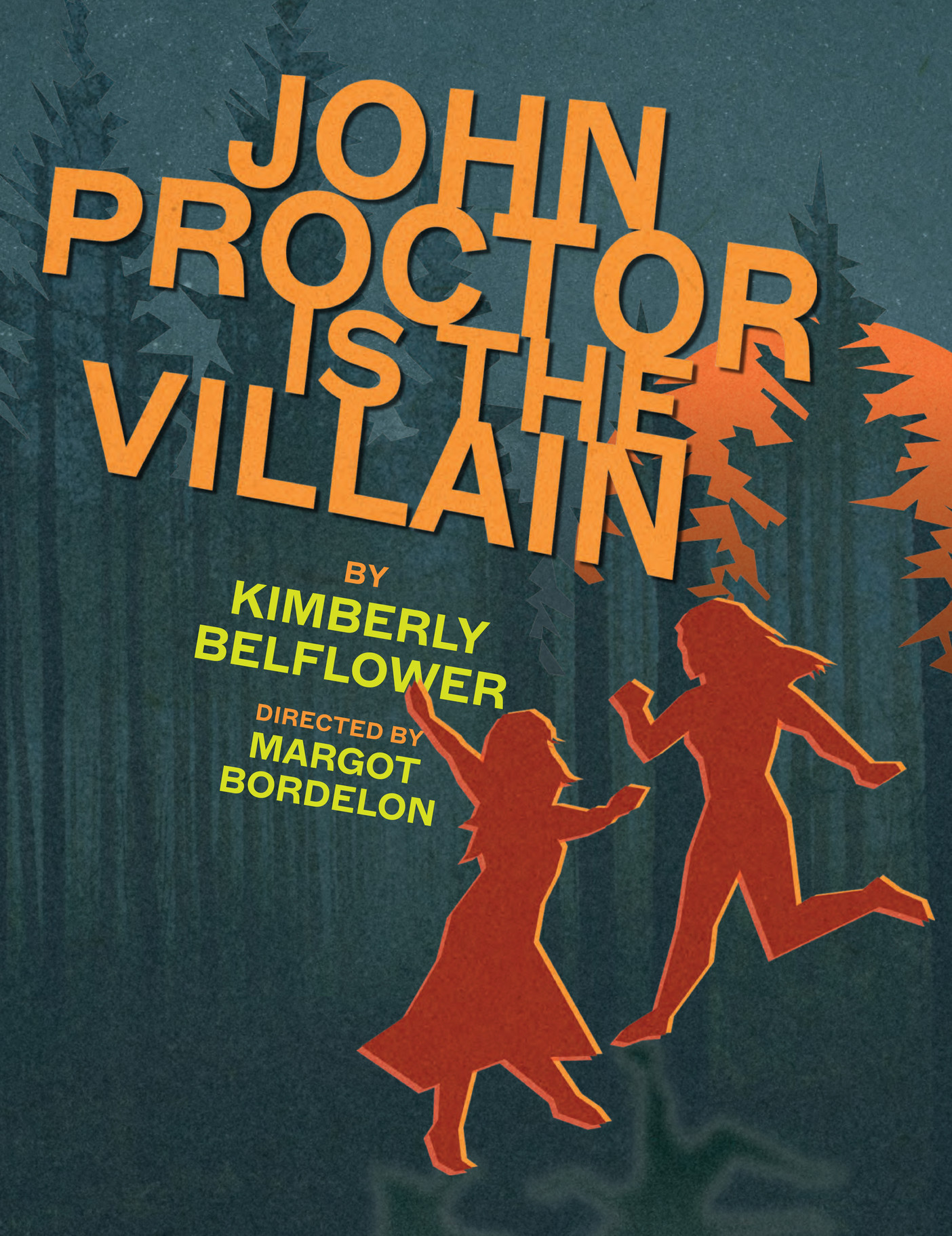Table of Contents
- JOHN PROCTOR IS THE VILLIAN Runs April 19-21 | Behind the Curtain ...
- John Proctor is the Villain « CCBC Performing Arts
- John Proctor is the Villain (Broadway, Booth Theatre, 2025) | Playbill
- The Huntington Announces Cast And Creative Team Of JOHN PROCTOR IS THE ...
- John Proctor is the Villain | 15s Trailer - YouTube
- Huntington Theatre Company - "John Proctor Is The Villain" Digital ...
- JOHN PROCTOR IS THE VILLAIN Acquired by Broadway Licensing & Sets Run ...
- JOHN PROCTOR IS THE VILLIAN Runs April 19-21 | Behind the Curtain ...
- WFU Theatre: 'John Proctor is the Villain' opens Feb. 4 | Wake Forest News
- Gallery: John Proctor is the Villain



A Flawed Protagonist


Moreover, Proctor's pride and stubbornness prevent him from admitting his mistakes and seeking forgiveness. His refusal to confess to the court and his insistence on maintaining his innocence, even when faced with overwhelming evidence, demonstrate a lack of humility and a tendency to prioritize his own reputation over the truth.


A History of Deception


Furthermore, Proctor's treatment of his wife is often dismissive and condescending. He belittles her suspicions and ignores her concerns, demonstrating a lack of respect and empathy for her feelings. This behavior is not only hurtful to Elizabeth but also contributes to the tension and mistrust that permeate their relationship.

A Selfish Motive
Proctor's actions throughout the play are often motivated by a desire to protect his own reputation and interests. His decision to confront Abigail and his subsequent refusal to back down, even when faced with the consequences, are driven by a need to salvage his own dignity and pride.While Proctor's desire to clear his name and restore his reputation is understandable, his methods are misguided and ultimately destructive. His actions lead to the downfall of those around him, including his friends and family, and contribute to the chaos and hysteria that engulf the community.
In conclusion, while John Proctor may appear to be the hero of The Crucible, a closer examination of his character reveals a more complex and flawed individual. His history of deception, selfish motives, and lack of integrity make him a more nuanced and problematic character. As we reflect on the events of the play, it becomes clear that Proctor's actions are not those of a hero, but rather those of a villain who contributes to the destruction and chaos that unfolds.By reevaluating our understanding of Proctor's character, we can gain a deeper appreciation for the complexity and richness of The Crucible. The play is not simply a tale of good vs. evil, but rather a nuanced exploration of human nature, with all its flaws and weaknesses. As we consider the true nature of John Proctor, we are reminded that even the most well-intentioned individuals can be capable of great harm, and that the line between heroism and villainy is often blurred.
This article was inspired by Entertainment Weekly and their thought-provoking analysis of The Crucible. For more insightful articles and reviews, visit their website and discover new perspectives on your favorite books, movies, and TV shows.